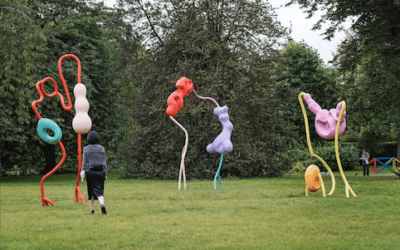Clocks spring forward, then fall back. The mnemonic of choice for one of the least popular aspects of Autumn. Resetting clocks and losing an hours daylight in the evening, just so we can have an additional two weeks or so of getting to work in the light. Or so that local councils can save a bit of cash on school lighting – which is arguably the only tangible benefit of the practise. Now medical research adds to the list of arguments against Daylight Savings Time.
Long, dark nights are with us now that the clocks have gone back, but they may be held at bay in future years after new research led by the London School of Hygiene & Tropical Medicine suggests that moving the clock forward all year round could be good for health.
The study – published in the Journal of Physical Activity and Health – found that children were the most physically active on long summer days, with the biggest effect showing between 5pm and 8pm on longer days.
Importantly, daylight rather than the weather holds the key, according to the authors, because the effect was strongest in the late afternoon and early evenings, and because it remained constant even when bad weather was taken into account.
Instruments called accelerometers, which record body movements, were placed around the waists of 325 children in Hertfordshire in their daily routine for a total of 817 days spread over the four seasons. The highest overall level of activity (mainly outdoor play) was recorded during the long summer days (with 14 or more hours of daylight). The researchers point out that the biggest difference between long days and short or medium days was between 5pm and 8pm which is what would be expected if day light rather than weather were the key factor. In addition the trend remained constant after taking in account bad weather days (rain, cloudy sky and wind).
The authors of the research conclude: "This represents the most direct evidence yet that (at least at some points of the year) redistributing daylight hours to the afternoon might prove an effective population-level intervention to promote child physical activity. In combination with the evidence that such measures would avert road traffic crashes and reduce greenhouse emissions, this study therefore bolsters the public health arguments in favour of daylight saving measures such as those currently under consideration in the UK."
Souce: London School of Hygiene & Tropical Medicine

The aim of art is to represent not the outward appearance of things, but their inward significance. – Aristotle














